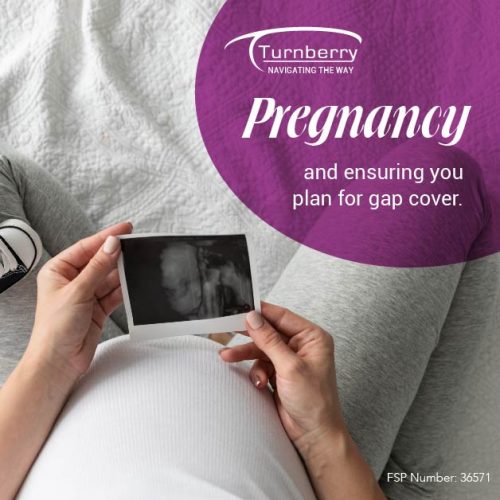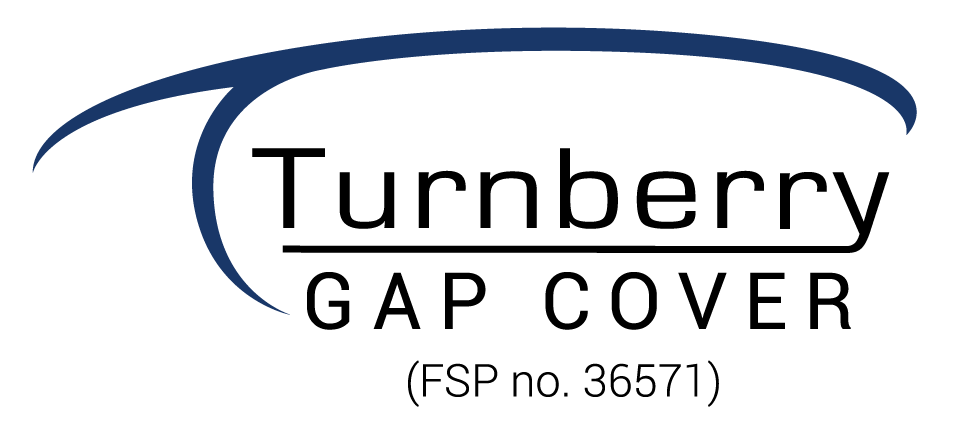
We’re living in an extremely stressful time – the uncertainty around COVID-19 making us all anxious. But if you’re pregnant, we know you’ll be especially worried – not only about your health and the health of your unborn baby, but also about all the medical bills.
Pregnancy in the time of COVID-19
One of the big worries for expecting moms is that if you’re tested positive for COVID-19 before you’re due, you’ll be placed in an isolation ward and you won’t be able to have anyone support you during the birth besides the medical team. There’s also the concern that if you’re infected before giving birth you could pass the virus on to your new-born baby, putting her at risk.
Given the financial strain so many of us are under right now due to lockdown measures and loss of income, you may be tempted to cancel your Gap cover – it’s money you could be spending on something else because you already have medial aid right? Wrong. According to Tony Singleton, CEO at Turnberry Management Risk Solutions, it’s important you take into account that any complications in pregnancy or during birth could add to the medical expense shortfalls you’ll have to cough up from your own pocket.
It could also have serious long-term financial implications for you and your family.
“Not everyone can afford medical aid as it’s expensive. But, if you can, I’d strongly recommend taking at least a hospital plan. Pregnancy can be very stressful and having medical aid relieves a lot of that stress. For example, I knew that my labour would be covered with my first pregnancy (even if I had a C-section). In fact, the majority of our hospital costs were covered,” says Claries Roelofsz, who is currently 20 weeks pregnant with her second child.
Aside from expenses directly related to pregnancy or even COVID-19, accidents also happen, which can lead to financial stress due to lack of cover from medical aid schemes.
“I dislocated my shoulder in 2017 and had to go to the hospital emergency room. As I wasn’t admitted overnight, I didn’t realise my medical aid wouldn’t cover the hospital costs. (This was under the “fine print”.) If this had happened during lockdown and I needed emergency medical care while pregnant, my husband wouldn’t have been allowed to accompany me, and the financial strain of having to pay cash for treatment would’ve put more pressure on us as a household,” Claries adds.
Mind the gap
There’s no denying that the list of medical expenses during pregnancy and childbirth is extensive and medical expense shortfalls are an all-too-common occurrence. From the gynaecologist, midwife and doula, to the anaesthetist should a C-section be required, and the paediatrician after the birth, there are many areas where your medical aid may not cover the full amount.
What’s more, if you elect to give birth at a hospital outside of your Designated Service Provider (DSP) network, you’ll be liable for the extra medical expense shortfalls.
“Often, pregnancy and childbirth result in unanticipated medical expenses, which can leave young families in greater financial distress if they don’t have medical aid. And, even with medical aid, they are not guaranteed full cover,” says Tony.
He says that Turnberry has seen shortfalls in cover of up to R28 000 for a C-section and up to R20 000 for spontaneous vertex deliveries.
“Without Gap cover in place, young families are placed under huge financial strain as they need to find a way of paying for these medical expense shortfalls out of their own pocket. In normal circumstances this is challenging for a family just starting out, but in the current pandemic and economic crisis it can be catastrophic,” he adds.
Less worry, more joy
Welcoming a child into the world should be a joyful experience, but current circumstances are causing strain. In a world where women may have to give birth in isolation, and cannot introduce their new children to family and friends, the last thing they need is to worry about medical expense shortfalls.
“Gap cover can help alleviate some of the strain by giving new mothers and young families peace of mind that their medical expenses will be taken care of. In the midst of all the other worry, this leaves a little more room to focus on the important things, like being a family and bonding with your new baby.”
However, Tony stresses that gap cover needs to be taken out before you fall pregnant as waiting periods do apply. “If you’re planning a pregnancy, speak to your financial advisor to make sure you are covered during these exceptionally trying times.”
